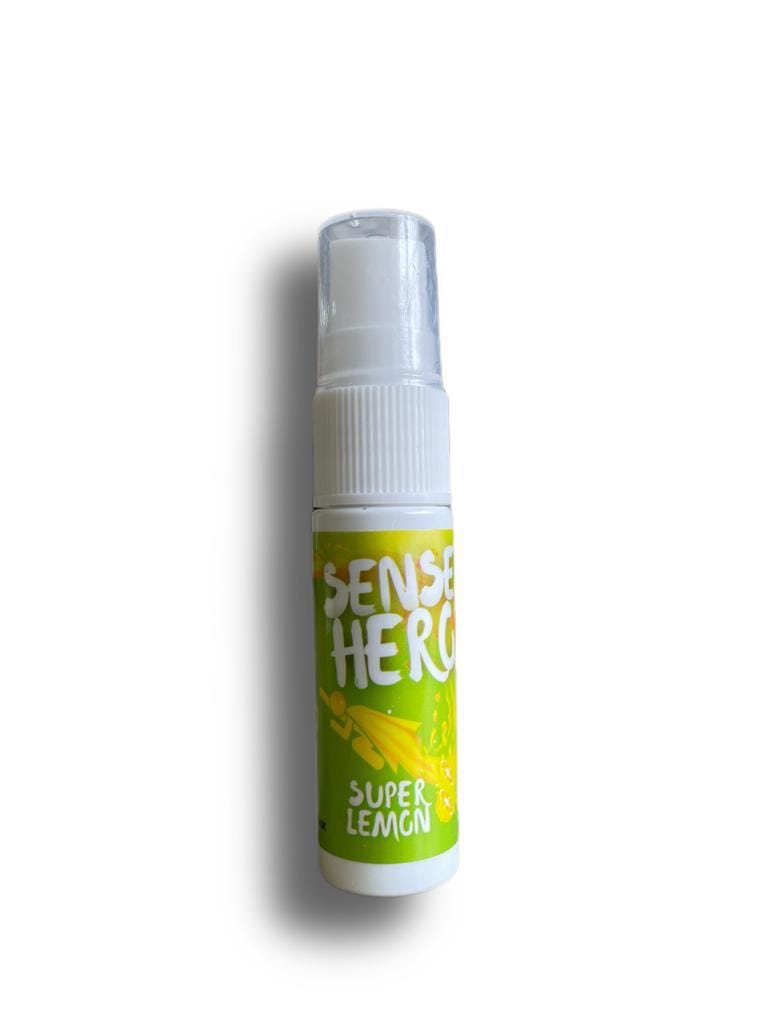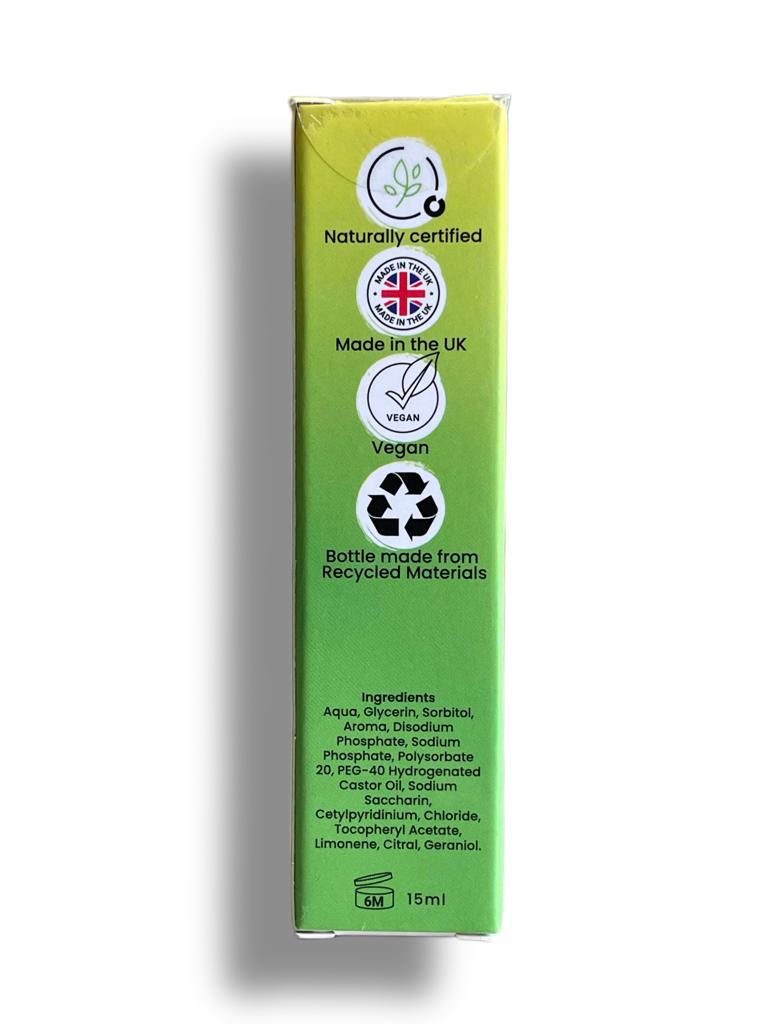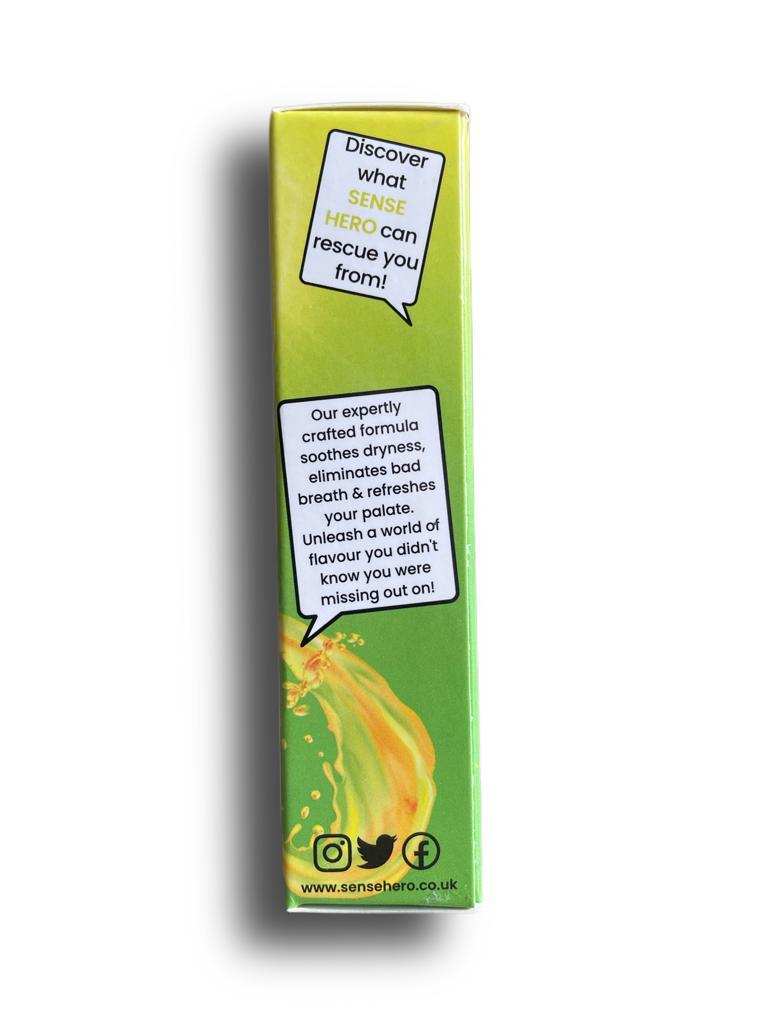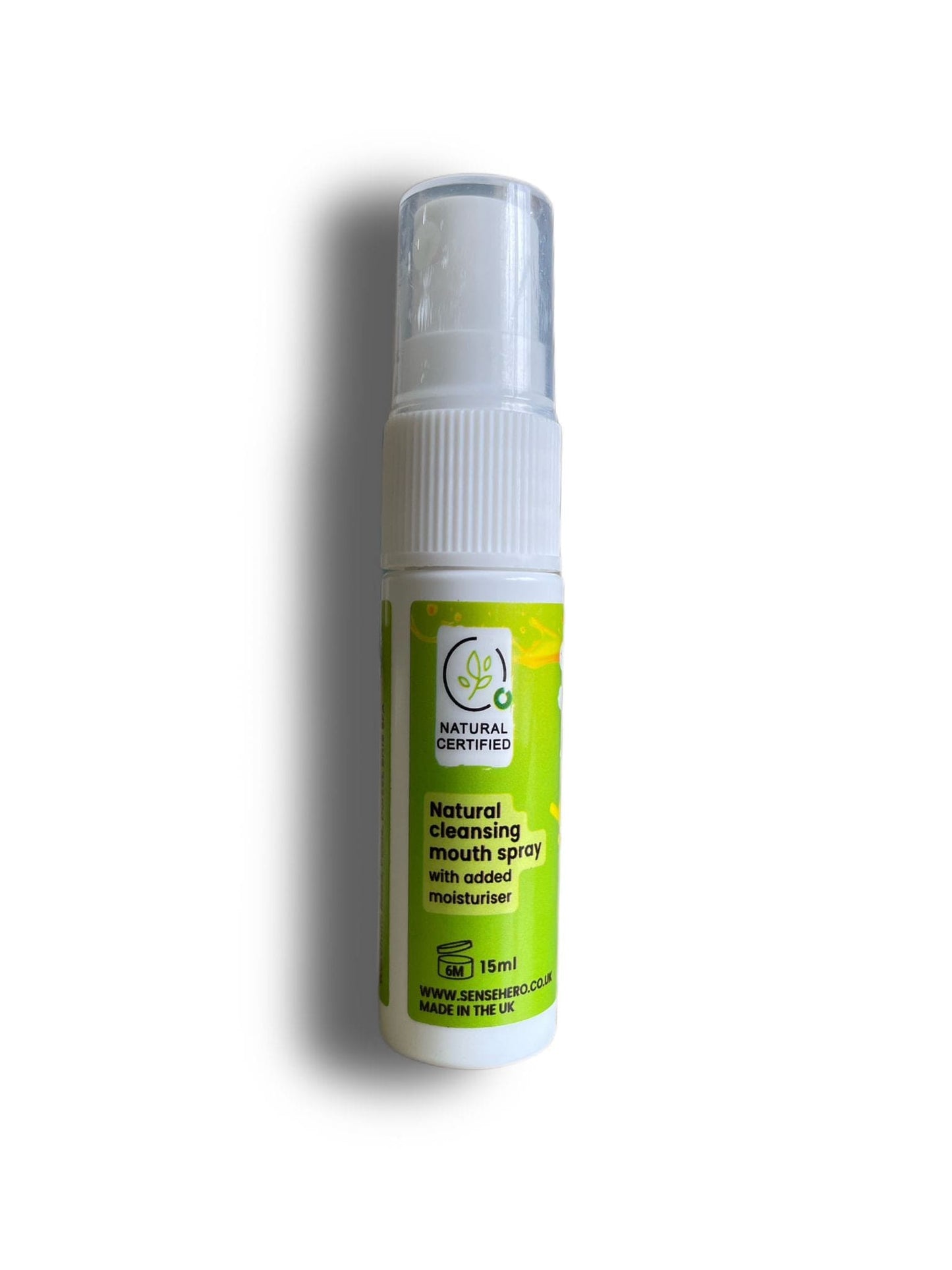Types of Saliva: Understanding Your Oral Health
Saliva plays a pivotal role in maintaining oral health by aiding in digestion, protecting against harmful bacteria, and keeping the mouth moist. However, the texture and appearance of saliva can vary significantly, which may indicate the state of one's oral health. In this guide, we delve into the different types of saliva, their implications, and how to manage any associated concerns.
Table of Contents
Key Overview
| Type of Saliva | Description | Possible Causes |
|---|---|---|
| Normal Saliva | Clear, watery, and neutral in taste | Healthy oral condition |
| Sticky Saliva | Thicker texture, may be difficult to swallow | Dehydration, dry mouth |
| Frothy and Bubbly Saliva | Appears foam-like with visible bubbles | GERD, excessive mouth breathing |
| Stringy Saliva | Extended, string-like consistency | Allergies, dry mouth |

Read more about dry mouth and its implications on our dry mouth assessment page.
Normal Saliva
Normal saliva is crucial for oral health. It's primarily water but also contains electrolytes, mucus, antibacterial compounds, and various enzymes that help digest food. This type of saliva helps in keeping the mouth clean, aids in digestion, and protects the oral mucous membranes from drying out.
Sticky Saliva
Sticky saliva, often described as "thick" or "glue-like," can be a sign of dehydration or dry mouth (xerostomia). When the salivary glands don't produce enough saliva, it can become more concentrated and sticky. Understanding the importance of managing dry mouth can help alleviate sticky saliva symptoms.
Frothy and Bubbly Saliva
Frothy or bubbly saliva can be caused by various factors, including gastroesophageal reflux disease (GERD), excessive mouth breathing, or even certain medications. The bubbles in the saliva are often due to air being trapped within the saliva, creating a foamy appearance. Understanding the causes and seeking appropriate treatment can help manage this type of saliva.
Stringy Saliva
Stringy saliva is often associated with allergies or dry mouth. The stringy consistency can make it feel like there's a constant need to clear the throat. Ensuring proper hydration and using products like dry mouth sprays can help manage the consistency of saliva, providing relief.
Managing Saliva Consistency
Regular dental check-ups, staying hydrated, and using products designed to alleviate dry mouth can help manage saliva consistency. For a holistic approach to managing saliva consistency, consider taking our dry mouth self-assessment test to understand your symptoms better.

The Importance of Saliva in Digestion
One of the key roles of saliva in our mouths is aiding in the process of digestion. The digestive process begins in our mouths, where enzymes in saliva start breaking down starches into simpler sugars. This initial step is crucial as it prepares food for further digestion in the stomach and intestines.
Saliva also contains amylase, an enzyme that begins the breakdown of carbohydrates. This enzyme is particularly important for individuals who follow a carbohydrate-rich diet. Without sufficient saliva production, the digestion of carbohydrates may be compromised, leading to potential digestive discomfort.
Moreover, saliva helps in the lubrication of food particles, making it easier to swallow. This lubrication prevents food from getting stuck in the throat and aids in the smooth passage of food into the esophagus, ultimately reaching the stomach for further digestion.
Conclusion: Saliva's Role in Well-Being
Saliva is indeed the unsung hero of oral health, but its significance extends beyond our mouths. It serves as a diagnostic tool, a contributor to the digestive process, and a protector of our oral and overall health. Understanding the nuances of saliva and recognizing its various types and functions is essential for maintaining our well-being.
From normal saliva to sticky, frothy, and stringy variations, each type can provide valuable insights into our health. Monitoring changes in saliva consistency can be an early indicator of underlying issues, prompting timely intervention and treatment.
As research continues to uncover the secrets of saliva, we can expect even more breakthroughs in healthcare. Saliva-based diagnostics and treatments may revolutionize how we approach oral and systemic health.
In conclusion, don't underestimate the power of saliva. It's not just a fluid in your mouth; it's a dynamic and multifunctional substance that plays a crucial role in keeping you healthy and well.

Sense Hero
Sense Hero mouth Spray UK: Quick Fix for Dryness, Vapers Tongue and Palate Cleansing
View full details











Sense Hero spray is not a medicinal product and is not intended to diagnose, treat, cure, or prevent any disease. Sense Hero Spray is designed for personal comfort.

